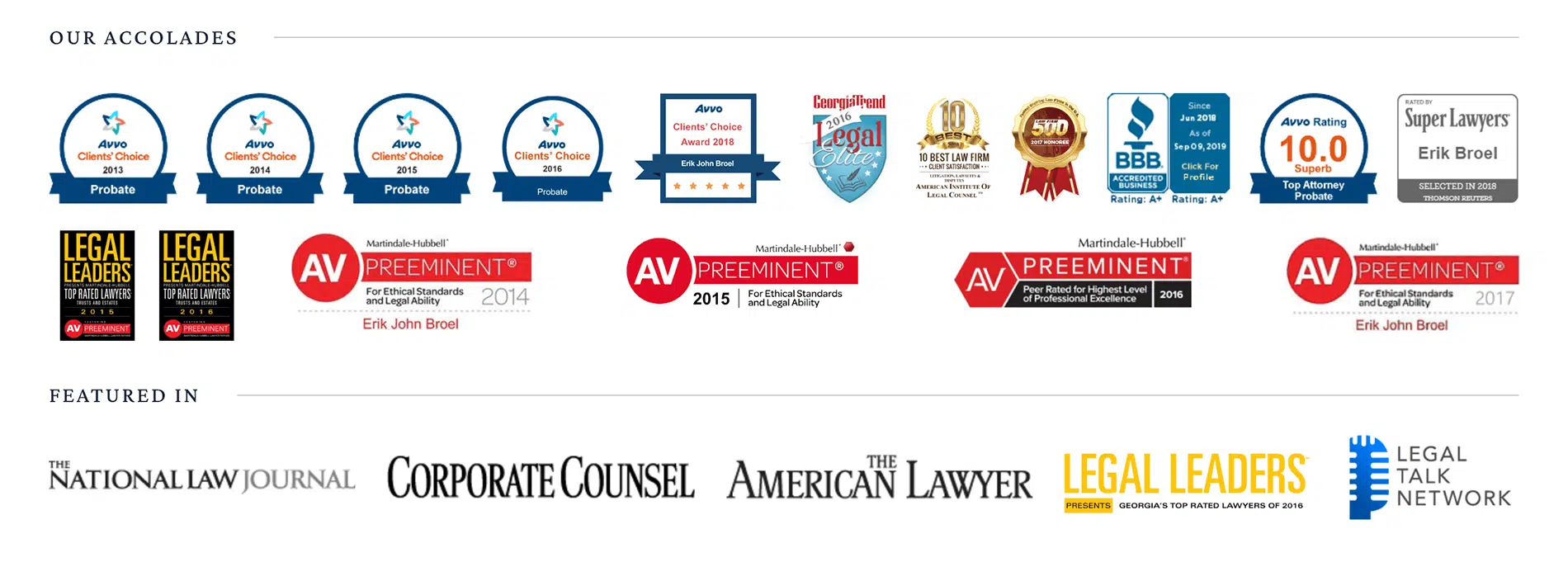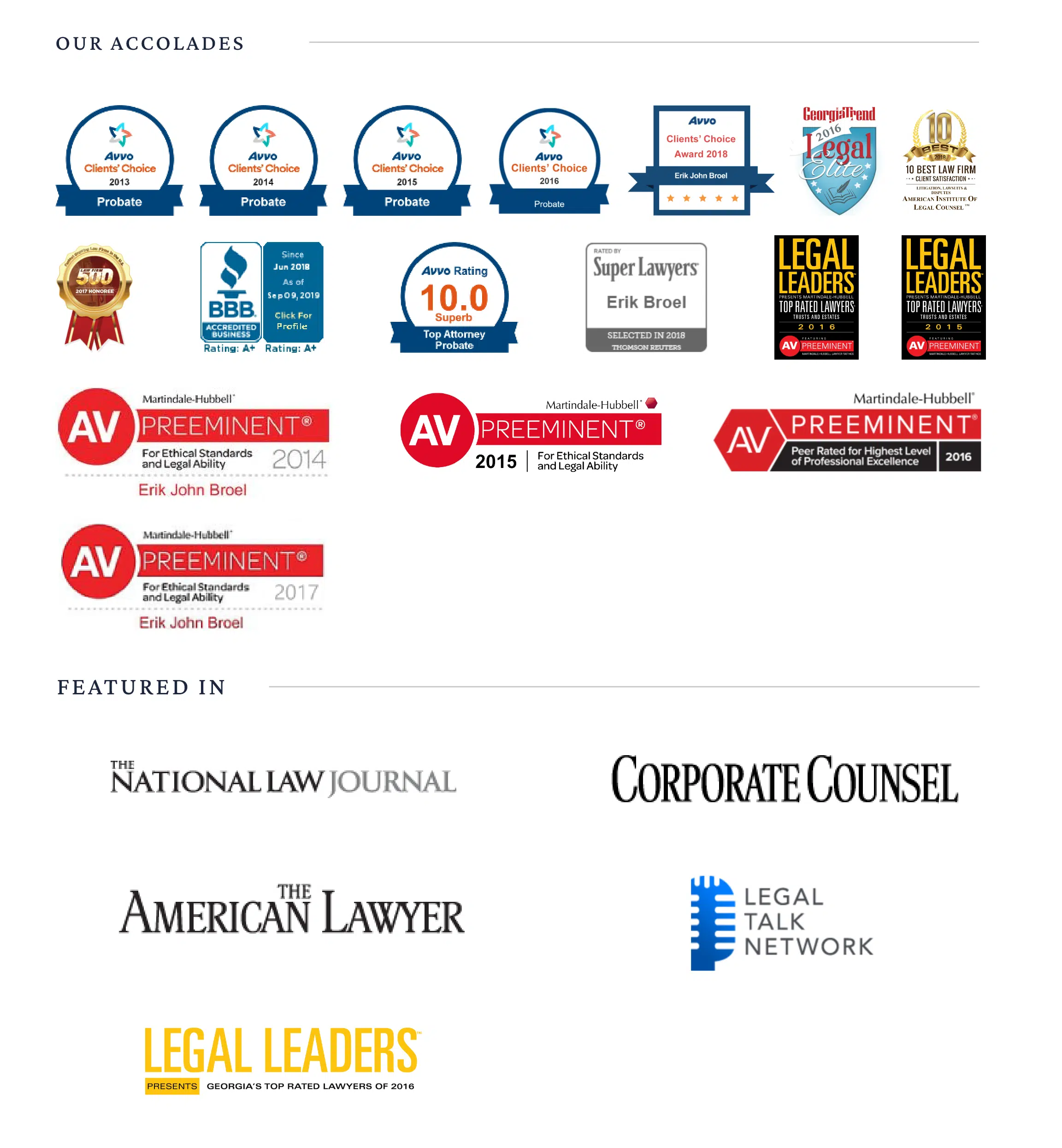A quick note about something that seems simple but always seems to get a big reaction at our workshops when we bring it up. It doesn’t get laughs or comments, just a lot of people shifting in chairs and giving each other that ‘boy, have we all been through this’ look.

I mean, it’s just signing your name to verify that you saw the patient physically sign the document. Right?
Well, it is a nice thing to do, but it’s hardly simple, because sometimes – and it happens more and more these days – it’s not the only thing you’re signing for when you jot down a signature on the witness line.
Testamentary documents are frequently disputed – for a myriad of reasons. Many of the issues brought up in those disputes revolve around the capacity of the deceased at the time she signed the document in question.
We tell care givers in all professions that witnessing a will or trust – or most other testamentary documents for that matter – could also be signing up to a deposition down the road. Because if a will or trust is disputed, everyone associated with it is deposed. Under oath and under questioning by attorneys.
Was she lucid when she signed? Did she know what she was signing? Did she read the will, or was it explained point by point to her? Was anyone egging her on? Just a small sampling of the questions that are going to be asked. It is somewhat grueling and certainly stressful and not at all what you signed on for taking ten, twenty minutes of your valuable time to be a witness.
Our blog is chock full of examples of will and trusts disputes where the capacity of the testator have been questioned. If you’re disposed to help, as most of us are regardless, then take a moment and ask yourself those few questions. Just in case.
It’s something that can certainly save you time and stress down the road.
As usual, if you need to ask us anything along these lines, please don’t hesitate to click on the chat and ask away.
Compassionate listeners, knowledgeable guidance. Schedule a free consultation with our experienced attorneys and let us help you and your family with your legal concerns.
GET IN TOUCH 770-796-4685Learn Important Probate Essentials, including key things that go wrong in an estate, how to prevent them, and what to do if they happen.



© 2024 Georgia Probate Law Group by Broel Law, LLC. All rights reserved.